Another US passenger airline will now also fly cargo freighters as more carriers court package hauling as a new source of revenue
Thomas Pallini

- Mesa Airlines just announced a five-year cargo-flying contract with DHL Express starting October.
- DHL is sub-leasing two Boeing 737-400 freighters to Mesa with the possibility for more if the regional carrier is successful.
- Passenger airlines were turning to cargo to diversify revenue streams and create incentives for pilots before the pandemic but the pressure is now turned up due to the pandemic's economic impact.
More passenger airlines are turning to cargo as a way to diversify revenue streams amid the pandemic as flying boxes is proving to be more lucrative than people.
Mesa Airlines is the latest US airline to announce that it will be flying cargo aircraft come October on behalf of a delivery service alongside its passenger operations. The five-year deal with DHL Express will initially see two Boeing 737 converted freighters sub-leased to Mesa to operate from the logistics giant's hub near Cincinnati.
It's a huge shift from Mesa's normal operation, which consists of flying regional passenger aircraft on behalf of American Airlines and United Airlines from hubs across the country. But one expert says that airlines like Mesa are perfectly suited to these types of cargo operations, where the delivery service provides the aircraft and the operator provides the crew, performs the maintenance, and covers insurance.
Sun Country Airlines shook the industry late last year with its announcement to bring on cargo with 737 freighters as a way to diversify its business but unlike the Minneapolis-based carrier, Mesa will need to prove that it can handle flying cargo and operating the larger aircraft it's being entrusted with.
In an interview with Business Insider, Mesa Airlines' CEO Jonathan Ornstein explained why the shift into cargo is the right move and how he was able to get DHL Express to give a small regional airline a shot at the lucrative contract.
Phoenix-based Mesa Airlines operates hundreds of flights every day with hubs in nearly every time zone but doesn't sell its own tickets nor market its flights, and most passengers don't even know they're flying on the airline.
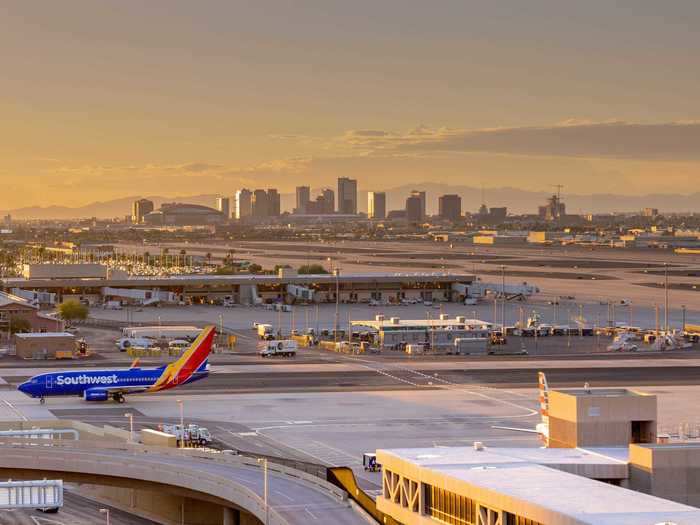
The regional carrier, rather, operates flights on behalf of its major airline partners, United Airlines and American Airlines.
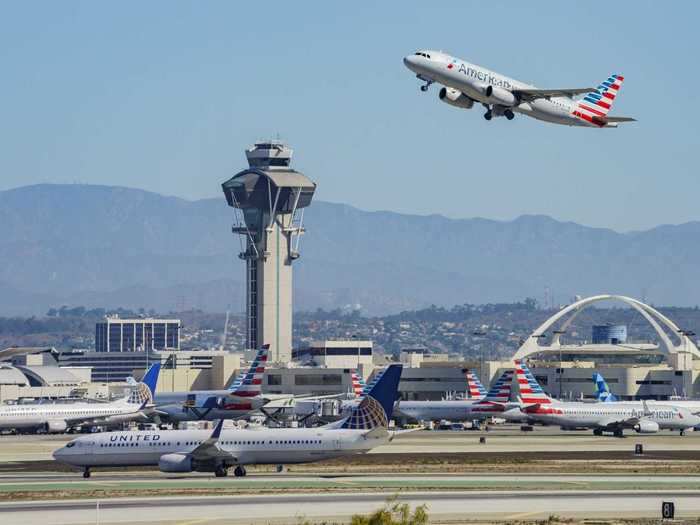
Mesa operates three aircraft types for the partners. For American Airlines, Mesa flies the Bombardier CRJ900 from hubs in Phoenix and Dallas.

And for United Airlines, Mesa flies the Bombardier CRJ 700...
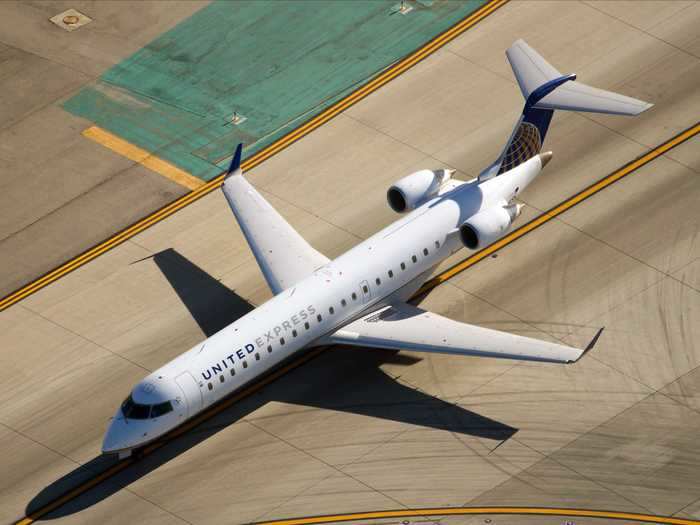
And Embraer E175 from Houston and Washington hubs.
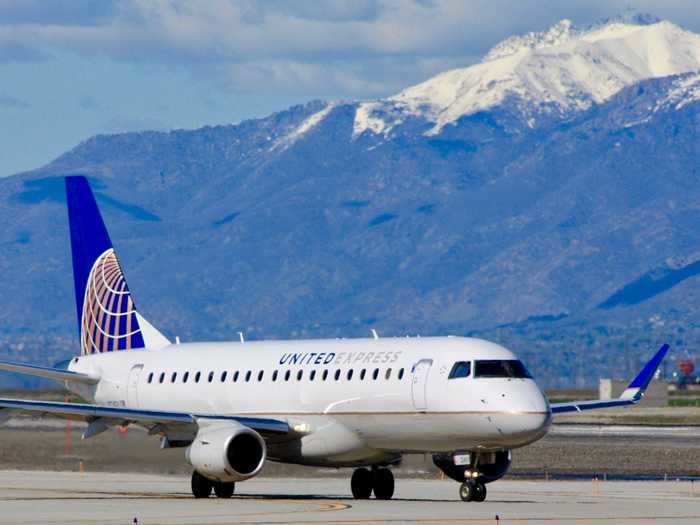
While Mesa has shown it can reliably fly regional jets, with over 100 planes in its stable, DHL is now entrusting Mesa with larger Boeing 737-400 freighter aircraft.
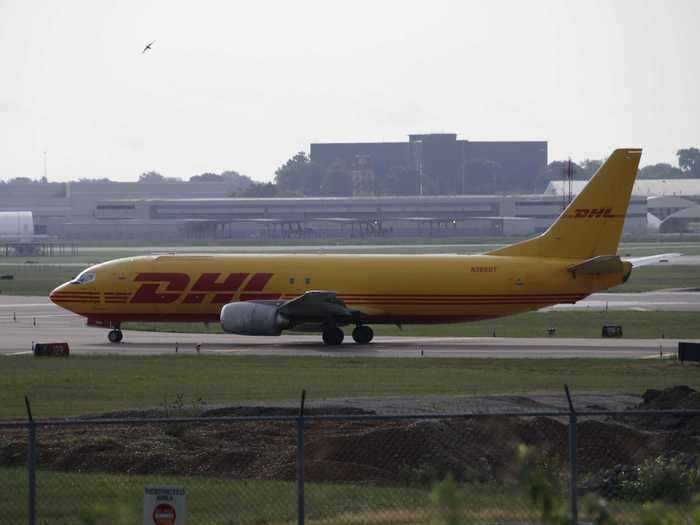
The Boeing 737 is an integral part of DHL's cargo operation tasked with flying short and medium-haul routes within a given region.
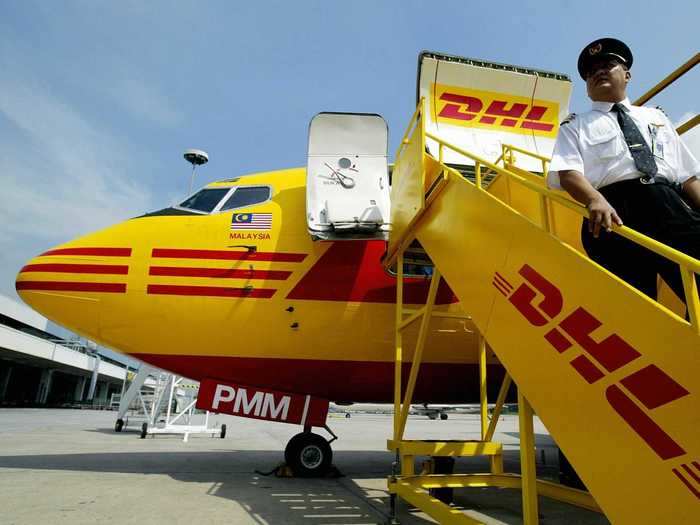
It's the middle child in a fleet of heavy hitters like the Boeing 777F...
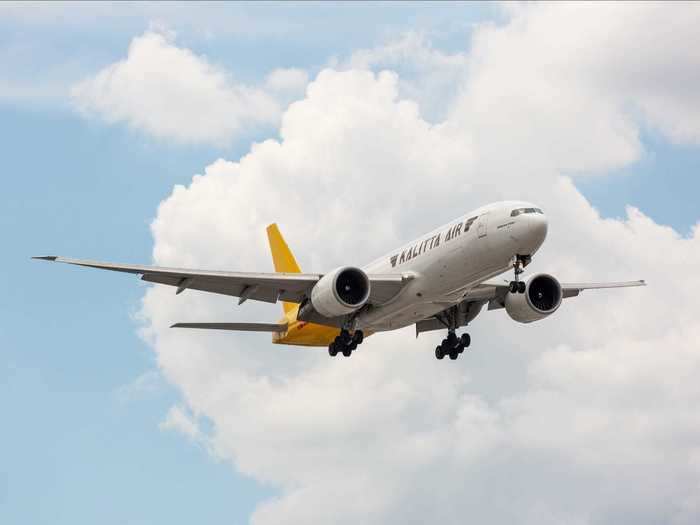
And Boeing 747-400F,
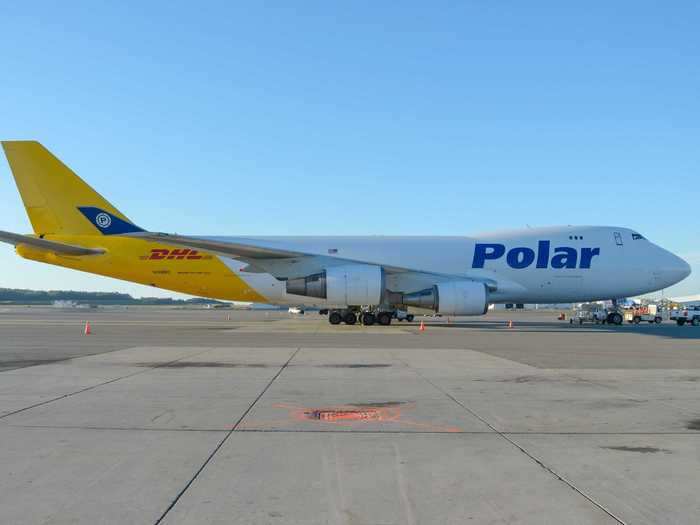
But a few steps above DHL's smallest aircraft like the Cessna Caravan 208.
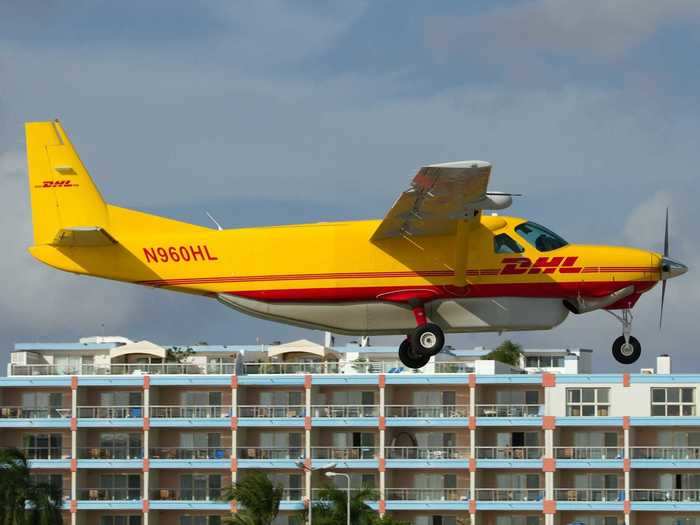
The 737 is a tried and true freighter with the aircraft family having a track record of reliability. The jet is used by the likes of Amazon Air...
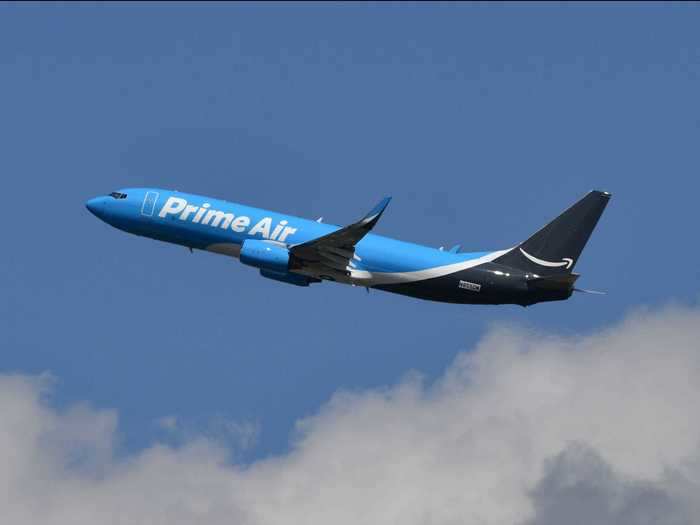
And FedEx Express.
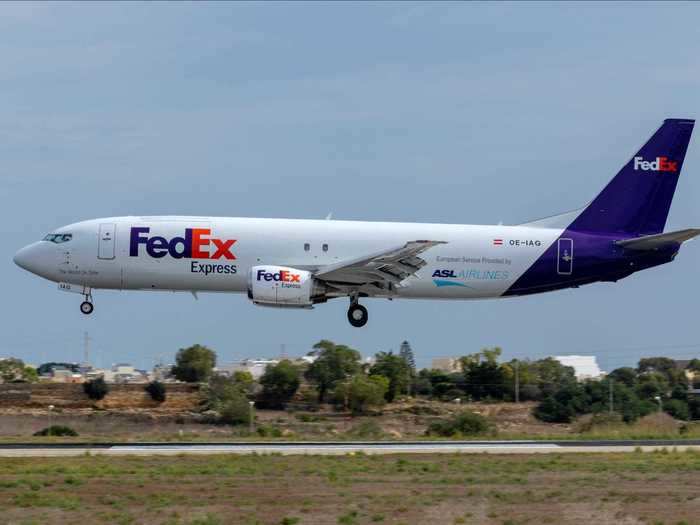
But it's a type Mesa has never flown before and larger than anything in its current fleet as a regional carrier.

The investment is massive as new courses will need to be added to Mesa's existing pilot training program to learn the ins and outs of the aircraft, which less than 20 pilots will fly at first.
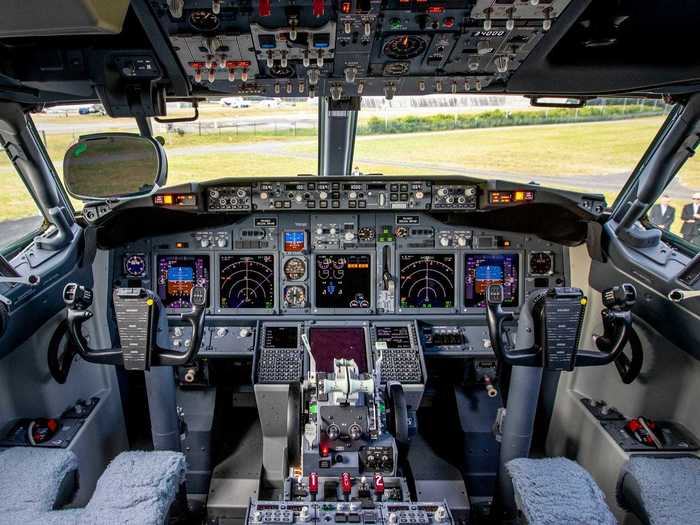
Each pilot will also have to undergo new simulator training, paid for by Mesa.
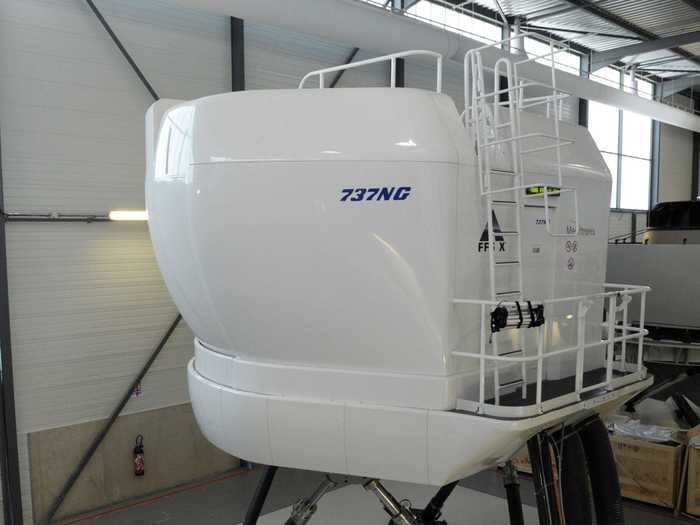
And with Mesa covering maintenance for the aircraft, mechanics will also have to learn how to service the plane, which requires being sent off for additional training.
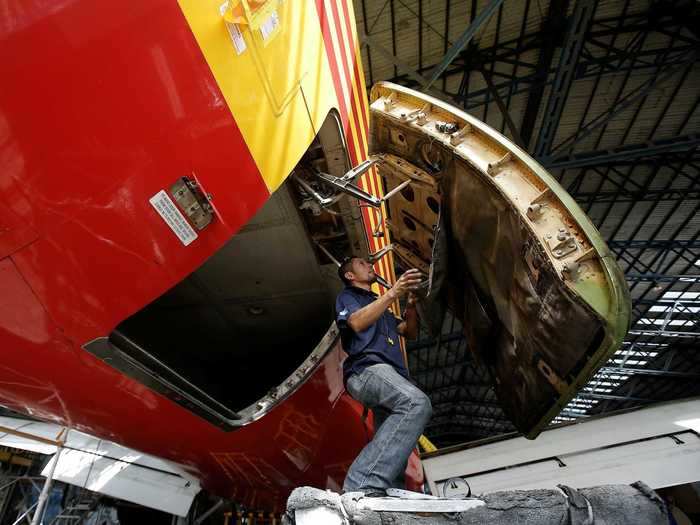
That's all while operating from a new base at Cincinnati/Northern Kentucky International Airport where DHL has a global hub comparable to UPS' in Louisville, Kentucky and FedEx's in Memphis, Tennessee.
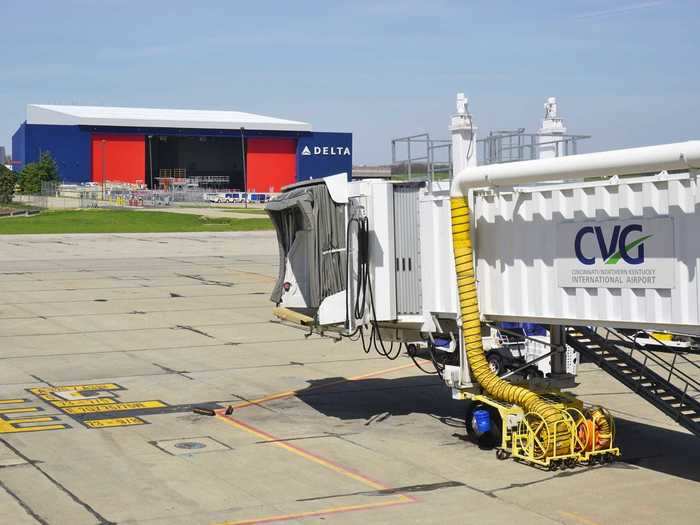
Despite the major investment and workload to onboard a new plane in a new location, CEO Jonathan Ornstein isn't worried as he's had experience operating the 737, even though his current company hasn't.
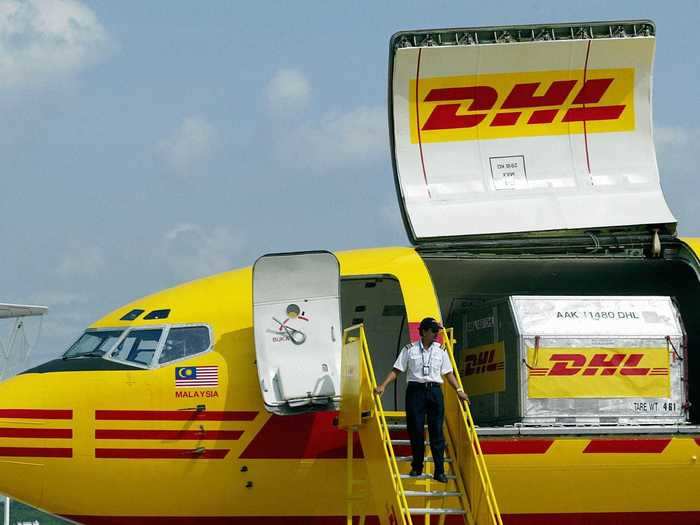
In the mid-1990s, Ornstein was in Europe launching a low-cost airline under the iconic Virgin brand, the aptly named Virgin Express, where he served as chief executive officer.
Ornstein and Mesa's current president, Mile Lotz, "operated a fleet of almost 40 737s over in Europe," Ornstein told Business Insider in an interview.
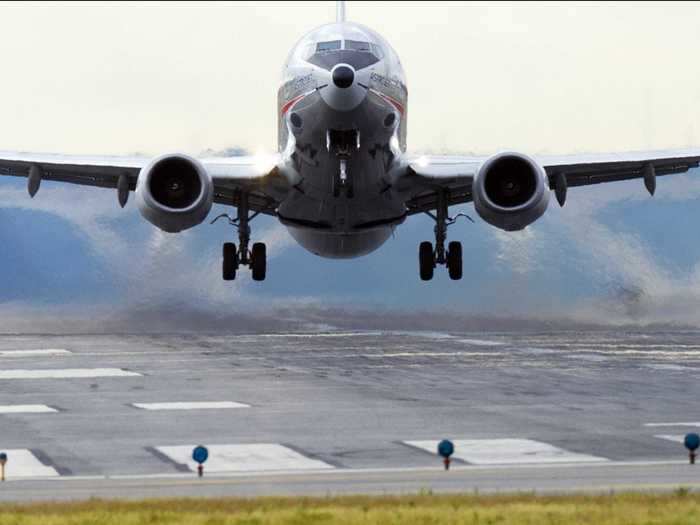
"The 737-400 is actually the type of aircraft that we were operating in Europe," Ornstein said. "So, it's not as if we don't have experience with this type of equipment."

The flagship of Virgin Express' fleet was the Boeing 737 aircraft with the airline operating the -300 and -400 models, the latter of which is now being operated by Mesa as a freighter.
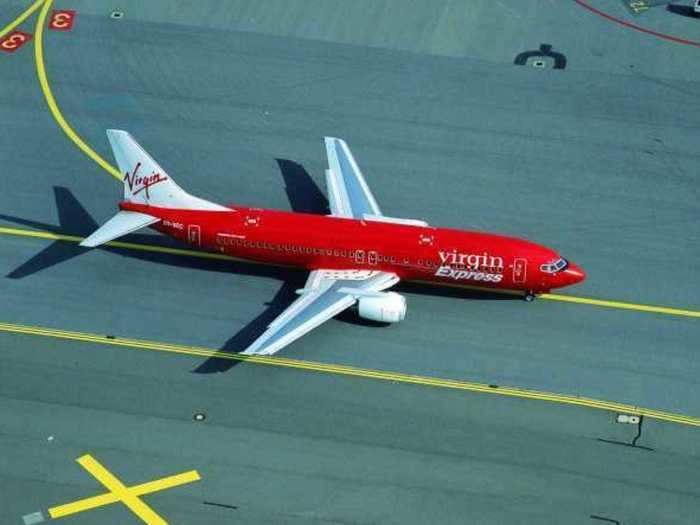
Even before his stint in Europe, Ornstein worked for Continental Airlines in executive positions, where he gained some experience with the 737 as the Houston-based airline was very loyal to Boeing.
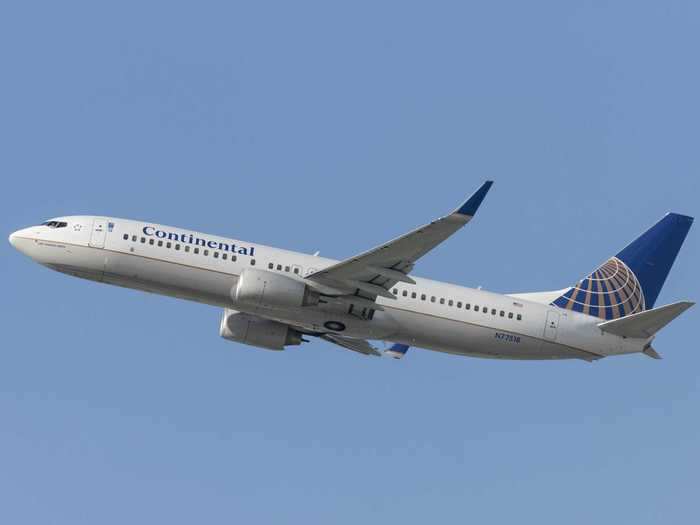
"And, in fact, one of the first things that we found when we were in Europe is – even on an older aircraft – the 737s are extremely reliable," Ornstein said. "So, we felt comfortable from that standpoint because it's critical that we do an outstanding job of DHL both to retain and to potentially expand the business."
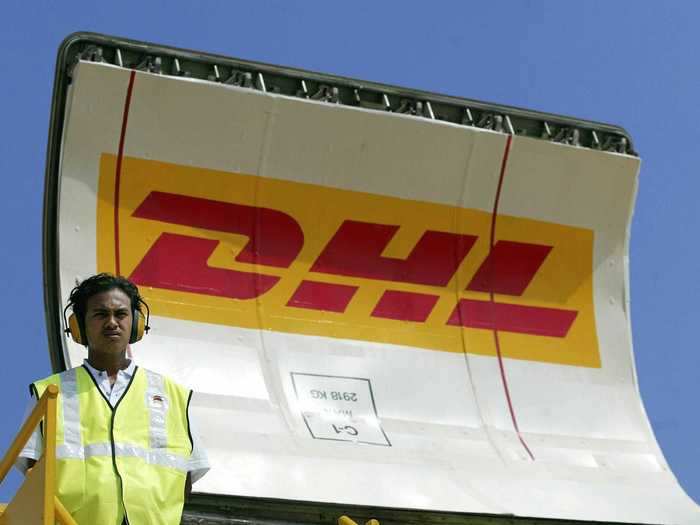
And air cargo experts aren't concerned with Mesa flying the 737 as, at the end of the day, it's just a plane and Mesa is an airline.
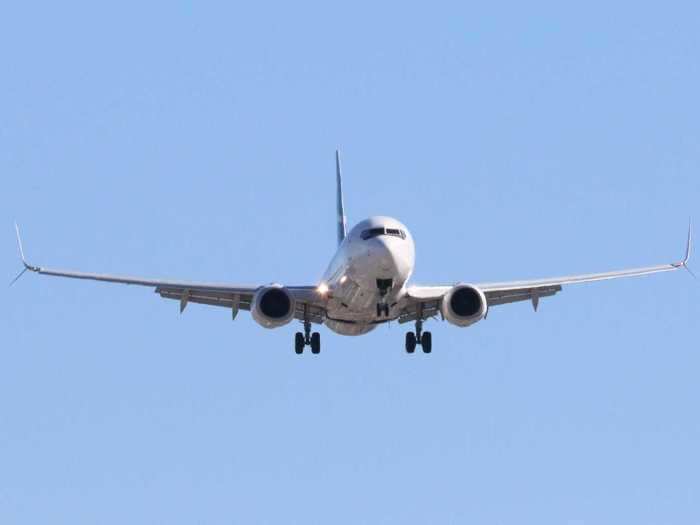
"From a Mesa perspective, it almost doesn't matter what you're operating," Neel Jones Shah, global head of airfreight at Flexport, told Business Insider. "As long as you're operating airplanes, you are in your core business."
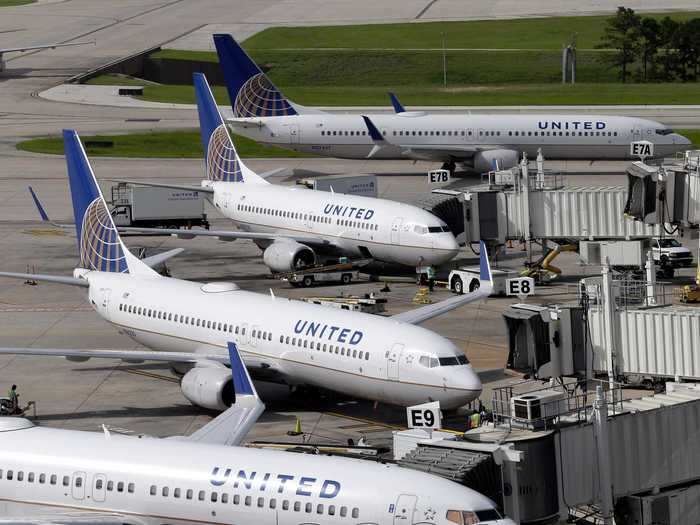
The contract plays right into Mesa's existing operation that sees the regional airline flying planes on behalf of another company and charging a certain amount for doing so.
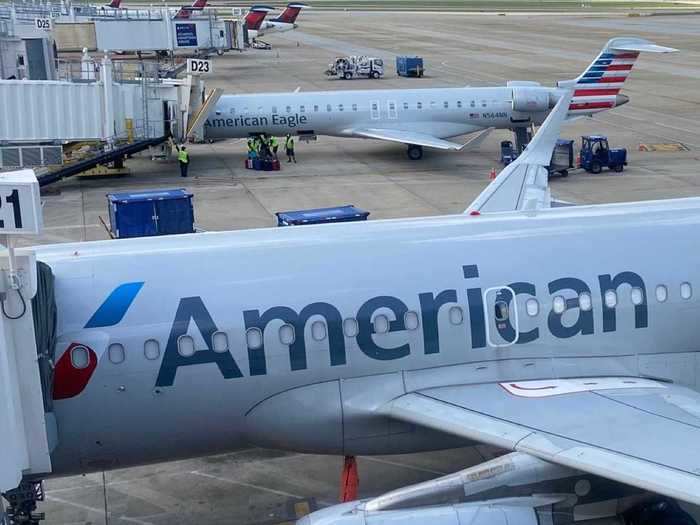
"You're typically running a cost-plus business," Shah said. "And as you grow that business, that's where the leverage comes in because you can lower your cost but you don't have to pass on the savings to the company you're operating for."
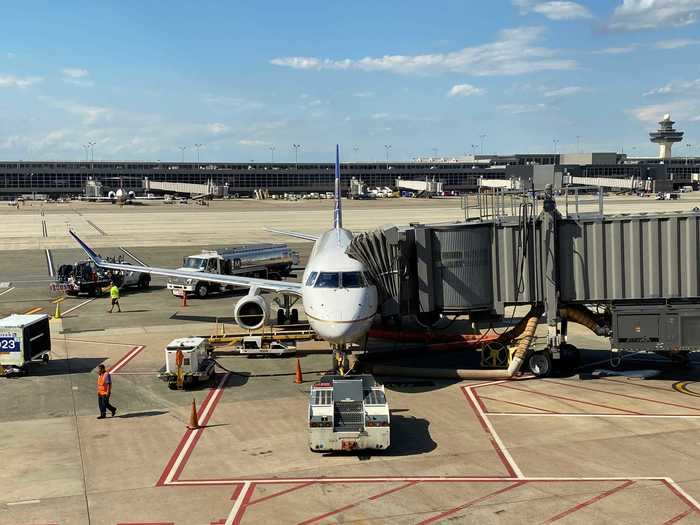
But the contract at present is for just two aircraft so it's a test for Mesa to show that it can reliably fly the new aircraft in the cargo setting before it can scale up.
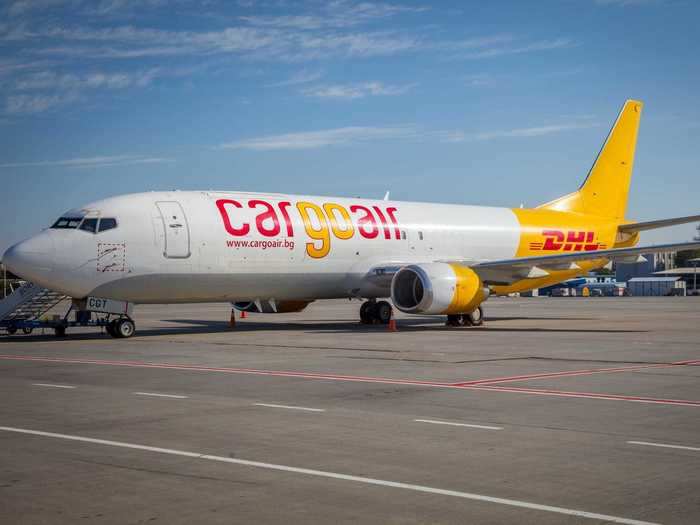
Getting that test took a while, with Ornstein saying this move has been in the works for years and the Mesa head's more recent experience sitting on the board of directors for Southern Air likely helped the airline get to the top of the list.

Southern Air is just one of many cargo airlines that DHL contracts to fly its packages around the world and Ornstein joining the board gave him a direct line to DHL.
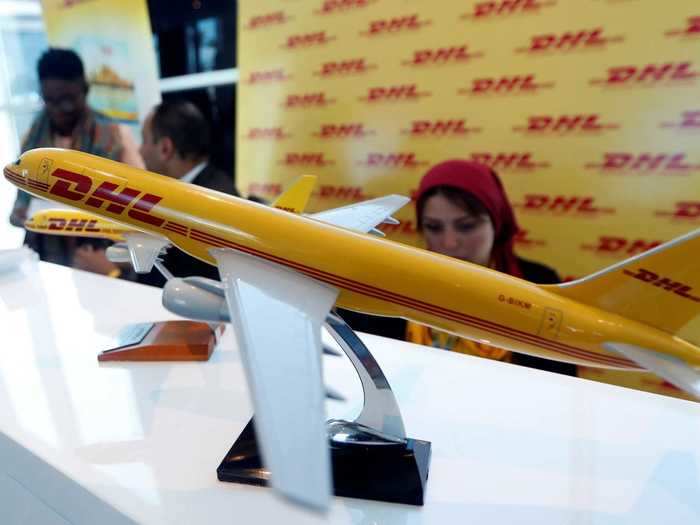
And just two-months before announcing cargo operations, Ornstein brought Southern's former CEO Dan McHugh onto the Mesa board as the company prepared to enter the new realm.
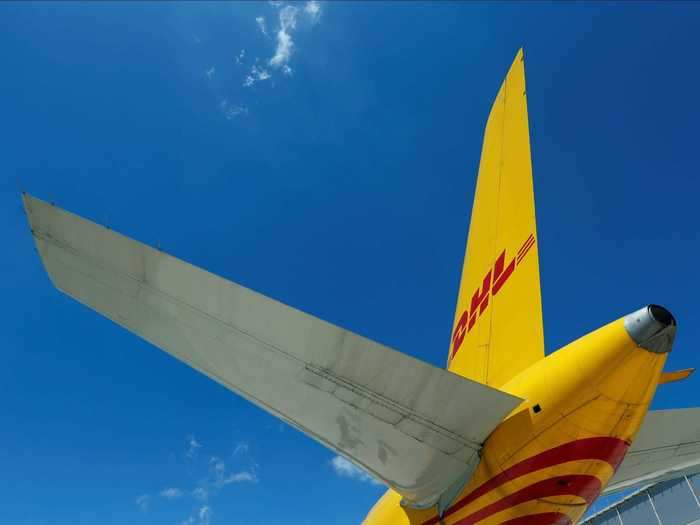
But what ended up being a genius way to diversify Mesa's flying business amid a pandemic began as something a lot simpler.
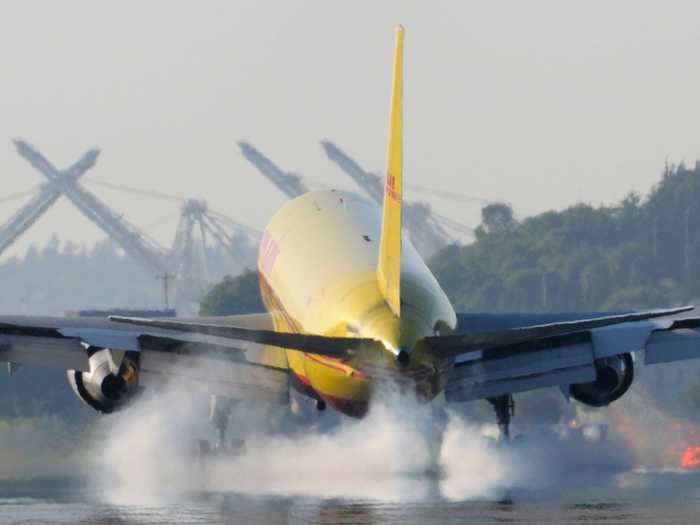
Ornstein initially viewed bringing the 737s into Mesa's fleet as a way to draw new pilots to the airline.
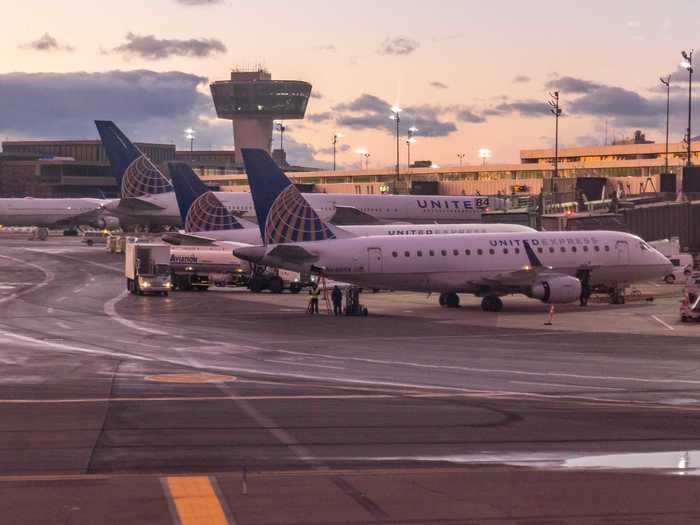
Before the pandemic, Mesa had been muddling through the pilot shortage along with the country's other regional airlines and viewed the 737 as an incentive, nearly above all.

It's no secret that pilots love flying larger aircraft so the opportunity to fly a Boeing 737 early on in a pilot's career before heading to the major carriers was seen as a major pull to get more pilots in the door at Mesa.
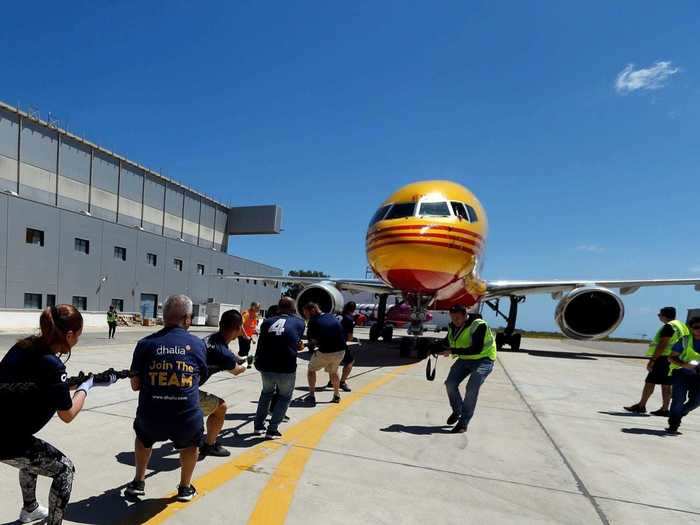
Though the pilot shortage is temporarily over, with the pandemic inflicting mass layoffs and furloughs, the strategy will still pay off for Mesa as it brings in another revenue stream.

Mesa will start with two planes, scheduled to arrive in the next few weeks before cargo operations begin in October.
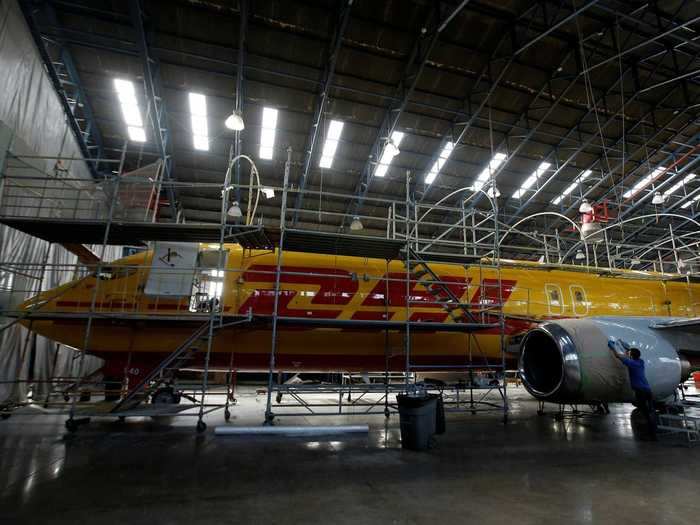
Like with most of these contracts, DHL will own the aircraft while Mesa sub-leases them under a CMI contract, meaning Mesa provides the crew, maintenance, and insurance. Amazon does the same with its air cargo contractors.
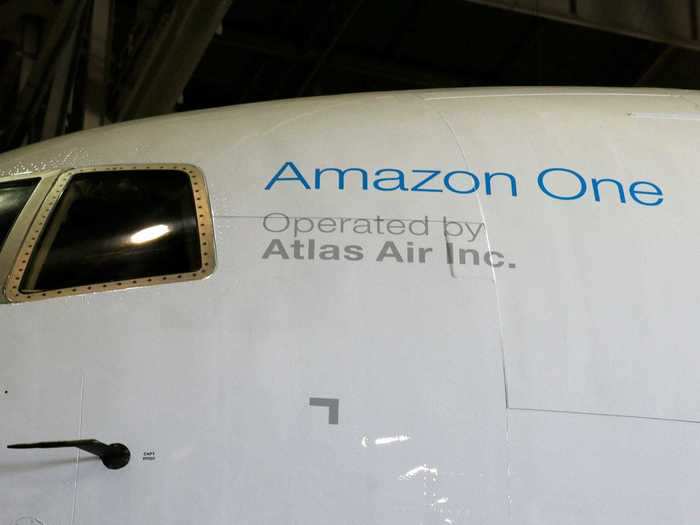
Sub-leasing is popular and as it means the delivery service holds the cards and can be flexible with who it selects to fly the planes.
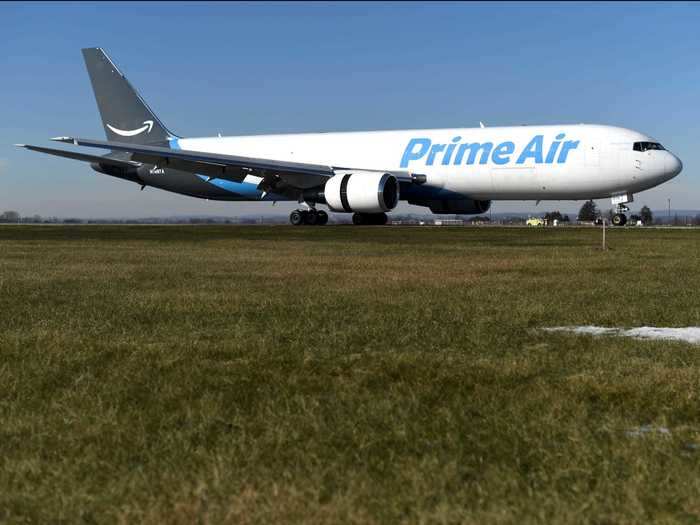
On the other hand, Mesa doesn't have to go out and buy new 737s for what may only be a five-year contract is DHL doesn't extend.
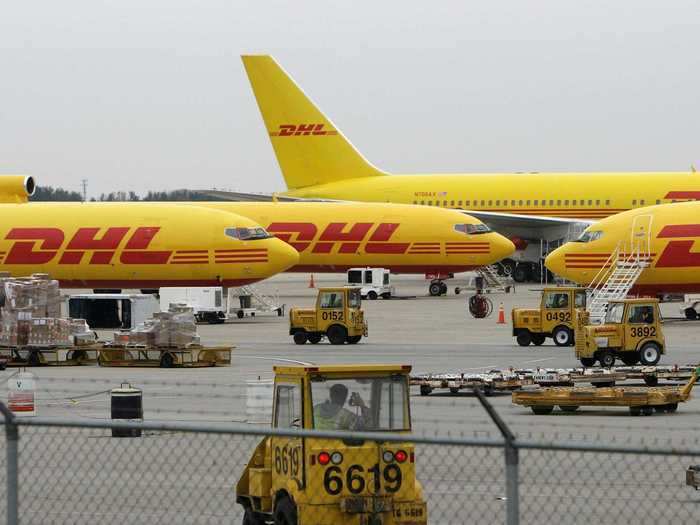
Mesa is the second US passenger airline to introduce dedicated cargo aircraft into its fleet this year, signaling a trend for the industry especially as the pandemic prepares to enter its fifth month.
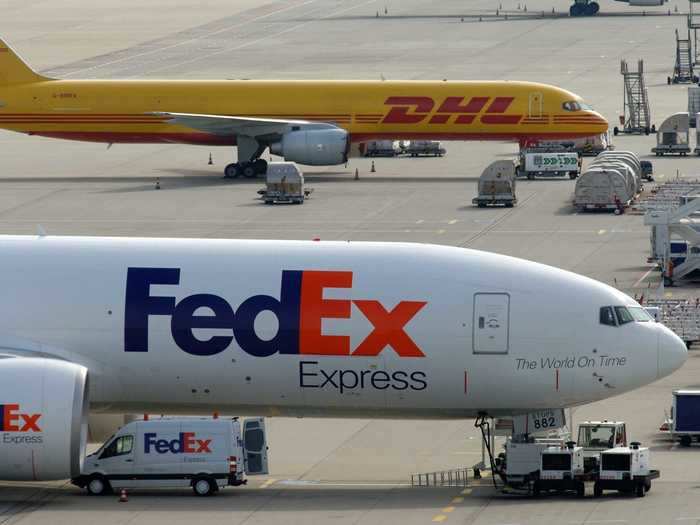
Following a major transition at the airline from full-service to low-cost, Sun Country Airlines CEO Jude Bricker also landed a deal with Amazon's Prime Air that would see his airline operate 10 Boeing 737-800 freighters.
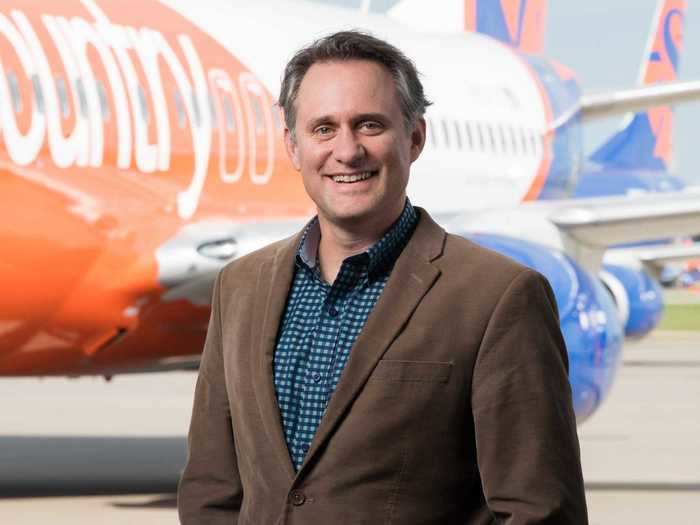
Much like Mesa, the deal came at a perfect time as Sun Country announced in December, shortly before the public even know what COVID-19 was, and appeared to be a match made in heaven thanks to the airline's all-Boeing 737 fleet.
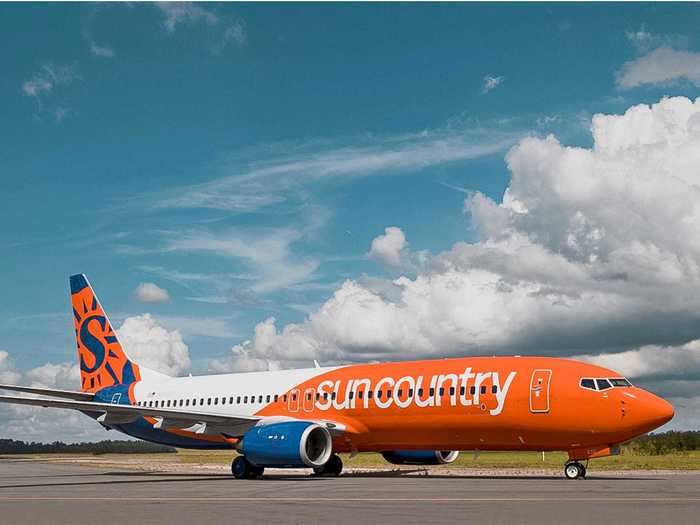
Bricker told Business Insider in a previous interview that his airline wants to get all of the contracted planes in his fleet as soon as possible to support the business now that the pandemic has impacted the airline's passenger flying.
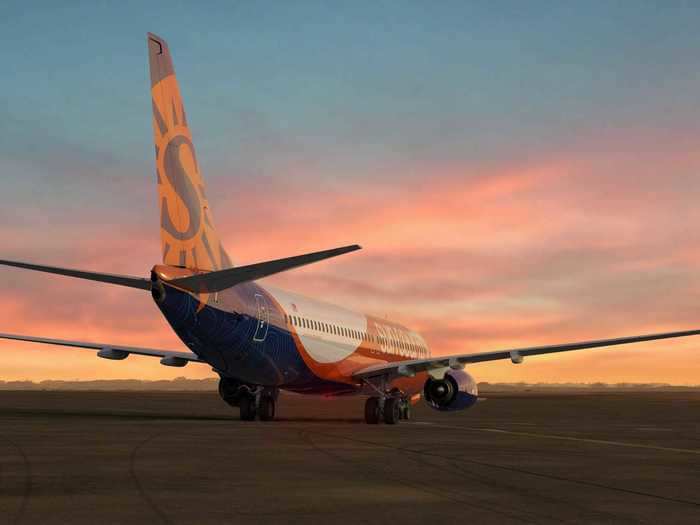
For Mesa, the mission is now to prove it can handle the 737 and get DHL to expand the terms of its deal with more planes so that the regional carrier can establish itself as a worthy contender in the new realm.
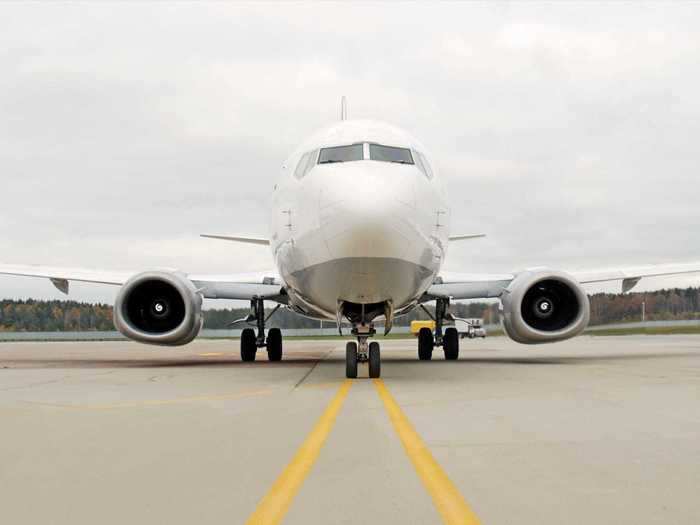
"We're very pleased that DHL is willing to make a bet with us that we can be an important member of their team," Ornstein said.
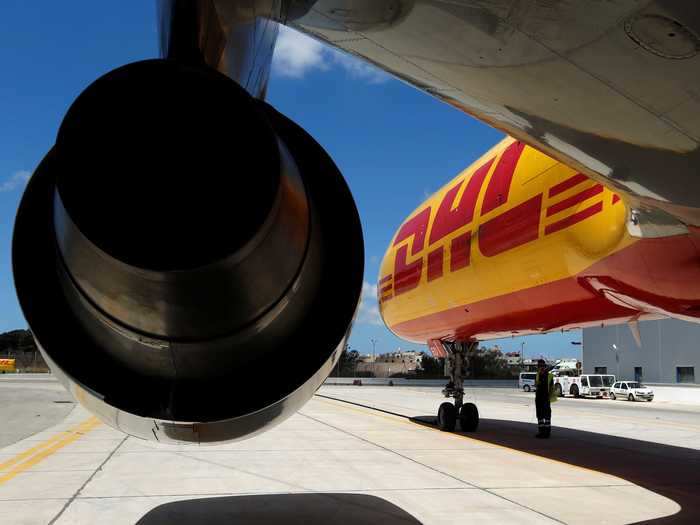
READ MORE ARTICLES ON
Popular Right Now
Popular Keywords
Advertisement